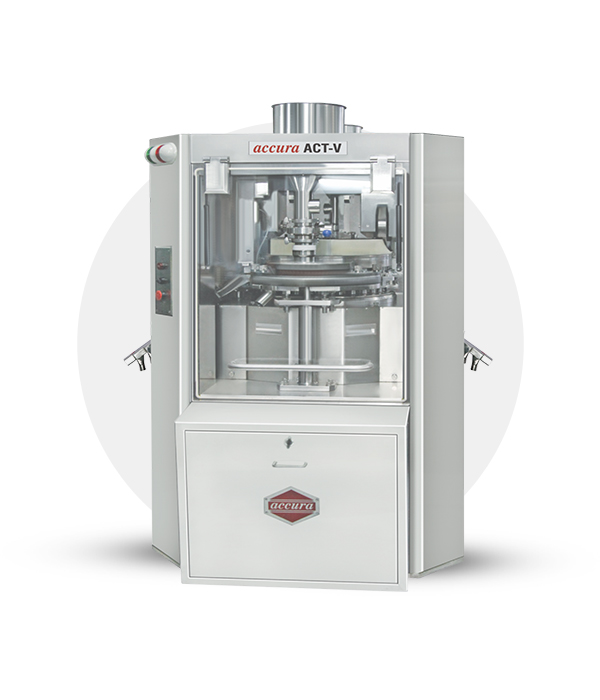Tablet press machines are essential equipment in pharmaceutical, nutraceutical, and other industries where tablets are manufactured. Ensuring the optimal performance of these machines is crucial for maintaining productivity and product quality. In this article, we will explore the best practices for maintaining your tablet press machine to achieve optimal performance and longevity.
Introduction
Tablet press machines are intricate pieces of equipment designed to compress powdered materials into tablets of precise size, shape, and weight. These machines come in various types, including single-punch, rotary, and multi-station tablet presses. Regardless of the type, proper maintenance is essential to ensure consistent performance and prevent costly downtime.
Understanding Tablet Press Machines
Before delving into maintenance procedures, it’s essential to understand the different types of tablet press machines and their significance in the manufacturing process. Single-punch presses are suitable for small-scale production, while rotary and multi-station presses are preferred for high-volume manufacturing due to their efficiency and speed.
Importance of Maintenance
Maintaining your tablet press machine is not just about prolonging its lifespan; it’s about optimizing its performance to meet production demands consistently. Regular maintenance helps prevent breakdowns, reduces the risk of product defects, and ensures compliance with regulatory standards.
Basic Maintenance Tips
Cleaning and Lubrication: Regular cleaning of the machine’s components, such as the tooling and dies, helps prevent contamination and ensures smooth operation. Lubrication of moving parts reduces friction and minimizes wear and tear.
Inspection of Parts: Conducting routine inspections allows you to identify worn or damaged parts that need replacement. Pay special attention to critical components like punches and dies.
Advanced Maintenance Techniques
Calibration: Periodic calibration of the machine ensures accuracy in tablet weight and thickness. Use calibrated weights and gauges to verify the machine’s performance.
Troubleshooting Common Issues: Familiarize yourself with common problems such as sticking, capping, and weight variation. Develop troubleshooting protocols to address these issues promptly.
Regular Maintenance Schedule
Establish a maintenance schedule that includes daily, weekly, and monthly tasks. Daily checks may involve visual inspections and cleaning, while weekly tasks could include deeper cleaning and lubrication. Monthly maintenance routines may include calibration and more comprehensive inspections.
Importance of Training
Proper training for machine operators is essential for effective maintenance. Ensure that your staff receives comprehensive training on operating procedures, maintenance tasks, and safety protocols. Ongoing education keeps operators updated on best practices and new technologies.

Common Mistakes to Avoid
Neglecting regular maintenance and overlooking minor issues can lead to major breakdowns and costly repairs. Addressing problems promptly and adhering to a maintenance schedule can prevent avoidable downtime.
Tools and Equipment Required
Invest in quality tools and equipment for maintenance tasks, including screwdrivers, wrenches, cleaning brushes, and lubricants. Consult the manufacturer’s guidelines for recommended cleaning agents and lubricants to avoid damaging the machine.
Outsourcing Maintenance Services
While some maintenance tasks can be performed in-house, consider outsourcing specialized services such as calibration and repairs. Outsourcing can be cost-effective and ensures that tasks are performed by trained professionals.
Troubleshooting Guide
Develop a troubleshooting guide that outlines common problems and their solutions. Encourage operators to report issues promptly and provide them with the necessary resources to resolve problems efficiently.
Importance of Documentation
Keep detailed records of maintenance activities, including inspection reports, maintenance schedules, and equipment manuals. Documentation helps track the machine’s performance over time and demonstrates compliance with regulatory requirements.
Cost-Benefit Analysis
Perform a cost-benefit analysis to evaluate the financial impact of maintenance activities. Consider factors such as maintenance costs, downtime, and productivity losses against the benefits of prolonged machine lifespan and improved performance.

